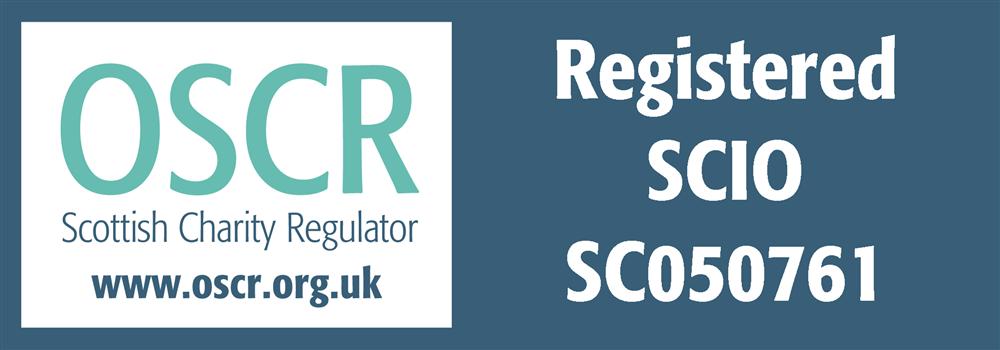Blog by Gregory B. Lee, Professor of Chinese Studies at the University of St Andrews and Fellow of the Hong Kong Academy of the Humanities (HKAH)
On 10 March 2023 Migration Policy Scotland held its first hybrid event. Focused on the Hong Kong BN(O) route that opened on 31st January 2021 this event brought together policy makers, practitioners and community organisations working with recently arriving Hong Kongers to share their knowledge and reflect on what can be done to shape the trajectories of a new migrant group that looks set to grow. Professor Lee was one of the panel speakers, he shares his reflections below.
A downloadable event agenda and presentations/information from all our speakers can be accessed on the right.
MPS’s event on Hongkongers in Scotland was very timely indeed. The initiative coincides and overlaps with a reflection that we have been conducting at the University for the past two years. Our main concerns are how best to serve the needs of the newly burgeoning Hong Kong migrant community in Scotland, and how best to share our cultural and linguistic knowledge with those in government and policy organizations who need to engage with new migrants on a regular basis.
Hong Kong Chinese migrants are frequently misunderstood, for Hong Kong and Hong Kongers are not simply an addendum to a larger Chinese migrant population. Ever since the Opium Wars waged by Great Britain against the old Machu Qing state in the mid-nineteenth century led to the founding of the crown colony, Hong Kong has constituted a crucial nexus between the Chinese -speaking world and the United Kingdom. After the Second World War, Hong Kong itself became a hub for migrants, refugees and asylum-seekers. The majority today’s BN (O) visa scheme migrants are indeed themselves the descendants of those who fled mainland China in the 1950s-1970s. And yet, Hong Kong over the past seventy years developed its own very specific culture with the Cantonese language, both spoken and written, being a defining feature of a “Chinese” culture that developed in parallel to that on the mainland. Hong Kong culture continues to grow and evolve in the diaspora. Here is Scotland, poets and novelists and other cultural creators not only draw on their Hong Kong cultural heritage, but grow their culture in exciting new ways in symbiosis with Scotland’s greater arts and cultural scene. The Hong Kong Chinese Scottish poet Tim Tim Cheng is an example of a recent success in terms of bridging Scotland and Hong Kong in an English-language poetry infused with memories and nostalgia; see her recent poetry volume Tapping at Glass from Verve. Eliza Chan is a second-generation Hong Kong Scottish novelist who finds great potential in and beyond the fusion of cultural heritages: “This diaspora culture then becomes its own thing. It is not a second-rate version of Chinese or a second-rate version of Scottish; it evolves to become its own beast. That is something I want to celebrate in my life and writing.” (The Herald, 11 February 2023)
One of our ambitions at the university is how best to showcase such cultural vibrancy. But, a very specific aim is to seek ways to plan in consultation with the Hong Kong migrant community for their, and their children’s, continued linguistic and cultural well-being. Among the questions to explore will be: Should biculturalism be kept alive in the Hong Kong community in the years to come, and how should it be accomplished? Which Chinese (Mandarin/Cantonese) should be taught in schools to ensure a rounded future for coming generations?
The exchanges that occurred during the MPS’s event on Hongkongers in Scotland were extremely instructive and provided the foundation stones for more specifically targeted initiatives in the future.
The views expressed in this blog are those of the author(s) and do not necessarily reflect the position of Migration Policy Scotland.


